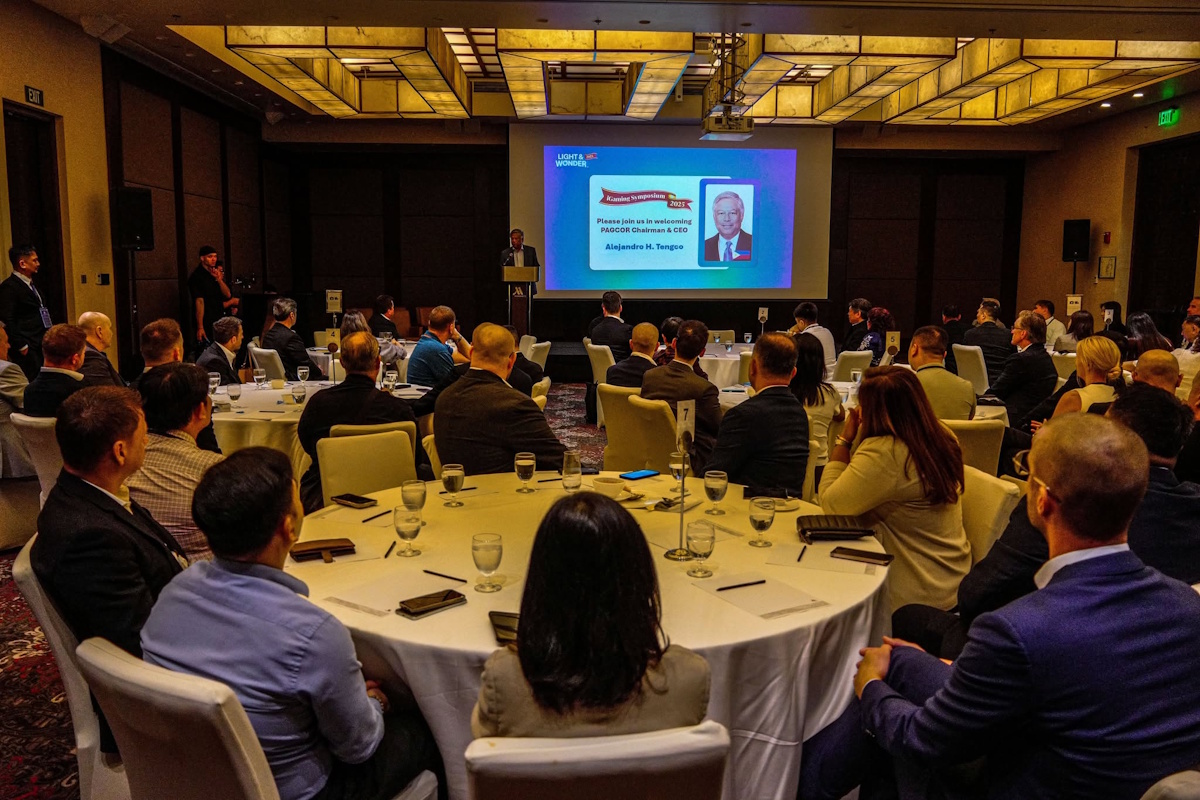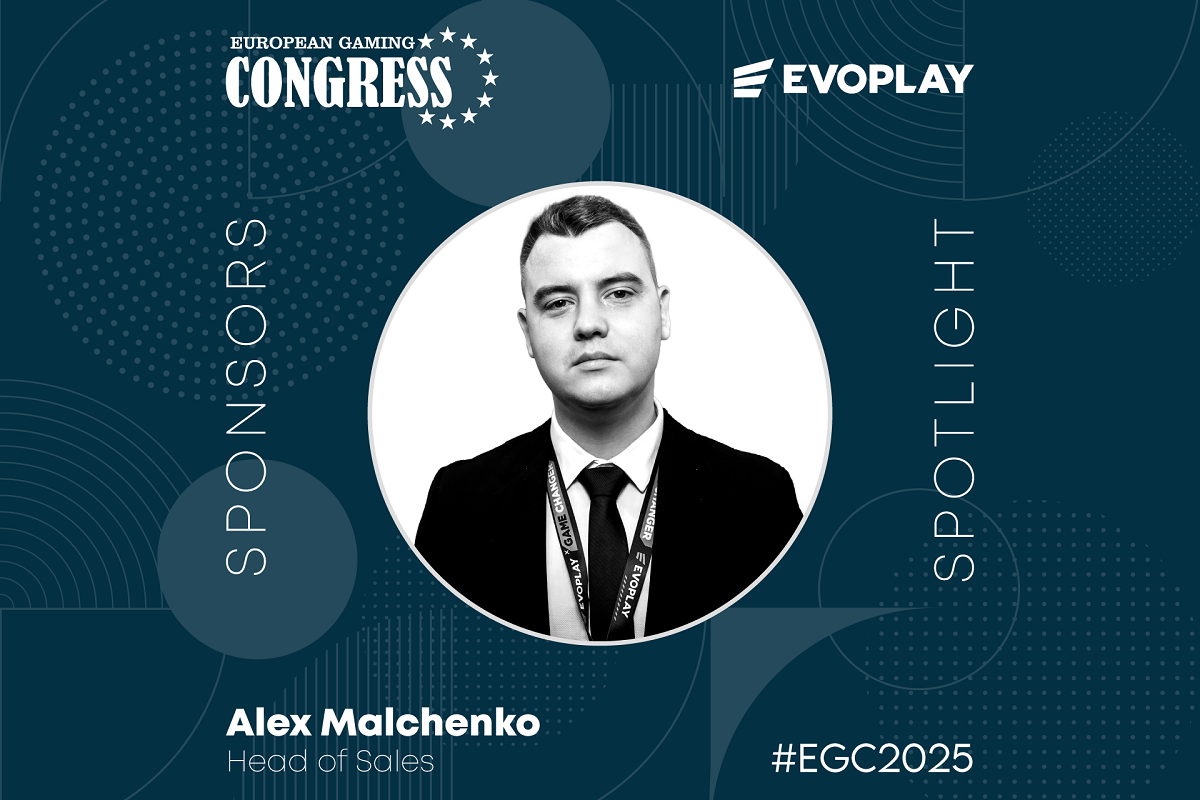Gambling in the USA
New Jersey’s gambling problem is bad, likely to get worse

State and federal officials waited too long to aggressively combat opioid addiction. That made the crisis more destructive and required the harder work of rolling it back instead of preventing it.
They seem to be making a similar mistake about gambling addiction. That might already be at crisis levels, especially in the handful of states such as New Jersey that have maximized the opportunities to gamble.
Gambling addiction isn’t as obvious as drug addiction. Gamblers do die from the mental disorder that leaves them unable to stop, but by suicide, usually done inconspicuously.
The National Council on Problem Gambling estimates that one in five gambling addicts tries to commit suicide, the highest rate for any kind of addiction. Others suggest that compulsive gambling figures in 5 percent of all suicides and 17 percent of emergency room admissions for suicide attempts.
But there are no accurate figures for fatalities or other gambling addiction problems — damage to relationships, families, businesses and communities — because officials and society as a whole haven’t made understanding and combating gambling disorders a priority.
When Rutgers University’s Center for Gambling Studies last year released the first look at gambling in New Jersey since the state legalized online betting in 2013, it showed a 6.3 percent rate of gambling disorders among residents — triple the rate surveys of people elsewhere have found. Likewise, 14.9 percent reported gambling problems, again three times what’s seen in studies elsewhere.
In 2016, Stockton University released a study done for the New Jersey Lottery that found more than a third of middle and high school students in Atlantic County had gambled, and one in seven felt their gambling had caused them serious problems such as stress and anxiety.
Gambling disorders also increase domestic violence, bankruptcies and workplace issues, according to the Council on Compulsive Gambling of New Jersey. Many gambling addicts are also substance abusers, and up to 70 percent are thought to have an alcohol dependency.
There have been some new efforts to address gambling addiction in the past year.
In August, the American Gaming Association said member casinos would be expected to make clearer to patrons the odds of winning or losing; to avoid advertising that contains “claims or representations that gambling activity will guarantee an individual’s social, financial or personal success”; and to train employees to deal with unattended children, underage gambling and attempts by minors to purchase and consume alcohol and tobacco products.
MGM Resorts International implemented the GameSense responsible-gambling program to train employees to encourage sensible play and provide resources to customers.
These good steps are welcome but tiny considering the magnitude of the problem, which is likely to ramp up soon.
This summer, a U.S. Supreme Court ruling is expected to make sports betting legal in states other than the four currently allowed. New Jersey and its casinos are ready to enter that market as soon as they’re allowed.
This would give New Jersey just about every kind of legal gambling possible — many versions of the lottery, gambling online, casino gambling, horse racing and betting on fantasy sports.
As a leader in legal gambling, New Jersey bears a responsibility to be a leader in mitigating the serious problems caused by these massive generators of state revenue.
That requires getting good data on the extent of gambling addiction, understanding how the disorder progresses, and developing and implementing appropriate interventions to prevent susceptible gamblers from becoming addicts and to help those already addicted to recover.
Failing to use a small fraction of its gambling revenue battling this addiction is less forgivable for New Jersey than its infamous diversion of tobacco settlement funds to uses other than smoking prevention. The state didn’t initiate and encourage smoking, but it did promulgate gambling and continues to promote it.
-

 Asia3 days ago
Asia3 days agoDigital gaming disruption tackled in 1st AsPac Regulators’ Forum
-

 Latest News5 days ago
Latest News5 days agoCloudbet maps regional betting trends in August–September 2025
-

 Latest News6 days ago
Latest News6 days agoHigh Roller Launches New Online Casino Brand in Finland
-

 Latest News6 days ago
Latest News6 days agoNetBet Denmark expands its casino library by adding SYNOT Games as a provider
-

 Central Europe6 days ago
Central Europe6 days agoPromatic Games and SYNOT Interactive Announce Strategic Partnership to Strengthen iGaming Expansion in Central and Eastern Europe
-

 Asia5 days ago
Asia5 days agoPAGCOR chief pushes for stricter regulation, not online gaming ban
-

 Conferences in Europe6 days ago
Conferences in Europe6 days agoStrategies that Scale: Evoplay’s Alex Malchenko on Cracking the Code of Localised iGaming Success
-

 Conferences in Europe5 days ago
Conferences in Europe5 days agoNew Gamification Academy at SBC Summit to Present Fresh Approaches to Player Engagement















